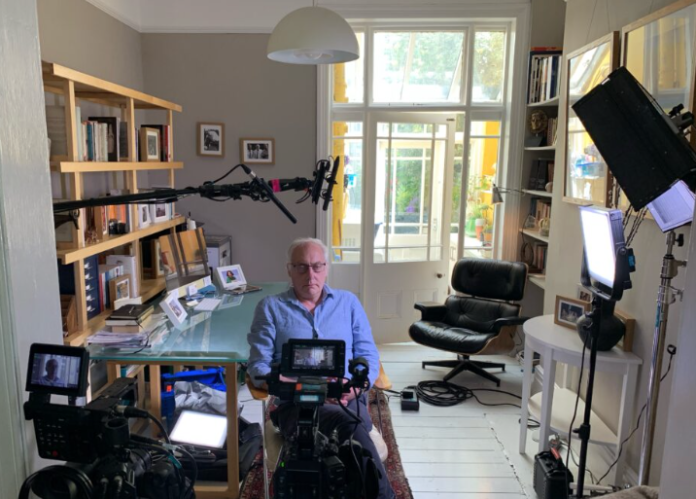- Missing in action - 12th February 2026
- Travel news again - 11th February 2026
- Ewe turn - 10th February 2026

During 23 years with the BBC, and 41 years in journalism (when he was trained to use simple language, avoiding jargon), for our Editor, Welshman Phil Parry, political stories have always been central, so he looks with fascination at how Sir Keir Starmer has scored major victories by securing trade deals, yet his speeches are described as ‘plodding’, traditional Labour supporters have turned against him, his opinion poll ratings are on the floor, and he has lost a recent by-election.
For him and his advisers it wasn’t meant to be this way.
 The substance of what Prime Minister Sir Keir Starmer does scores significant political points (and may yet do at the next General Election [GE]), but in the minds of voters he is STILL not delivering.
The substance of what Prime Minister Sir Keir Starmer does scores significant political points (and may yet do at the next General Election [GE]), but in the minds of voters he is STILL not delivering.
At this stage after Labour’s previous landslide in 1997, the party had put on 10 points in the opinion polls, and Tony Blair was still in his ‘walking on water’ phase, with a net satisfaction rating of plus 34 per cent.
In contrast, Sir Keir’s net approval rating earlier this week (when voters were asked if he is doing a good job) has slumped from plus 11 per cent to minus 38 per cent since last year’s GE.

Labour’s projected share of the UK vote in the English local elections (20 per cent) was 14 points down on the GE, and Labour’s worst since 2009 – a year before it was booted out after 13 years in office.
He has declared that Labour’s by-election loss in Runcorn and Helsby to Reform UK was “disappointing”, when it was actually an enormous political earthquake.
It was in one of the UK’s safest seats, and could be another sign that the victorious right-wing party may be about to supplant the Conservatives as the main opposition group, rather as Labour did the Liberals in the 1920s, which would be a huge event.
 Sir Keir seems to be aware of this possibility, although his words belie it.
Sir Keir seems to be aware of this possibility, although his words belie it.
Apart from calling the result “disappointing” he has also pledged to go “further and faster” on change, but presumably his critics may say this is the least he can do in the circumstances.
Just to remind you of how big this was, Reform UK won the contest by just six votes – one of the closest parliamentary elections ever.


In the past Sir Keir’s words have hardly been revolutionary either.
He said that Donald Trump’s tariffs will “clearly” have an economic impact, and that “just as with defence and security” the world was “entering a new era” in economy and trade.

“I want to be crystal clear”, Sir Keir said, “…we are prepared. Indeed, one of the great strengths of this nation is our ability to keep a cool head“.
MPs might have been excused snoring as he told them: “My instinct is we shouldn’t jump in with both feet to retaliate”.
The UK had spent months working on a trade deal with the USA (which has now come to fruition) to avoid the full impact of the level of tariffs introduced on countries such as Canada, and it was clear that Sir Keir didn’t want to undo all this work.

Even when Sir Keir did attempt to talk tough demanding a ‘reset’ (he didn’t actually use that word!) over those tariffs, his comments fell rather flat.
Deciding to really go for it, Sir Keir proclaimed wildly (not): “The old assumptions should be discarded”.
Leading his country (or countries) is apparently not his forté if he talks about discarding assumptions!

Is it too much to ask of our leaders, that they should be good with words AS WELL AS deeds?!
The memories of Phil’s astonishing, decades long award-winning career in journalism (when political stories were often crucial), as he was gripped by the rare neurological disabling condition Hereditary Spastic Paraplegia (HSP), have been released in the book ‘A Good Story’. Order it now









